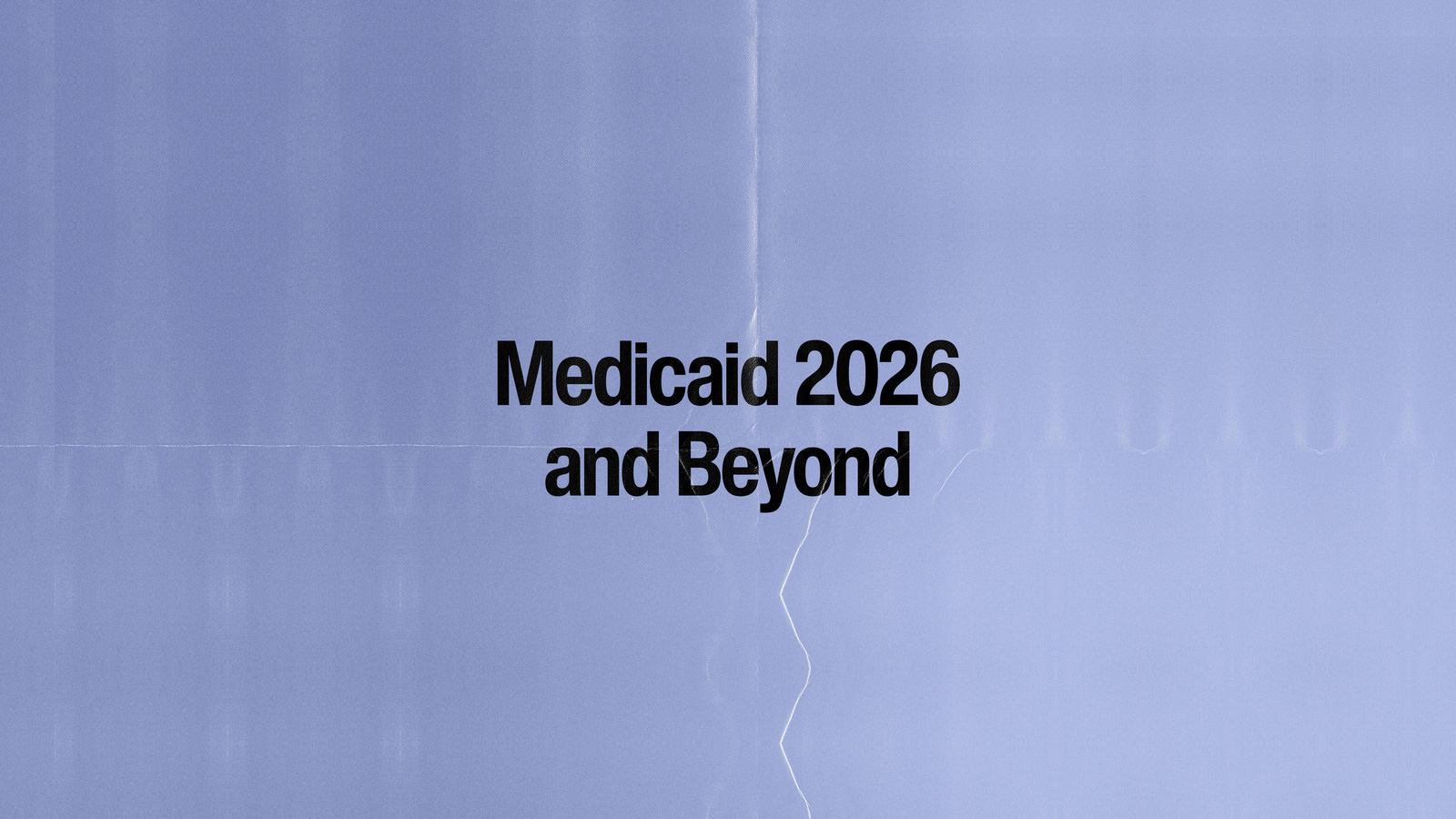Changes to Medicaid may be on the horizon, but the good news is: nothing changes right now. New federal rules around work requirements, eligibility redeterminations, and cost-sharing will roll out gradually over the next few years, with the most significant changes starting no earlier than December 31, 2026.
Plus: individuals with OUD are exempted from some of these requirements.
Importantly, there are no direct cuts to Medicaid funding in the way you might think. These updated program requirements are anticipated to decrease Medicaid enrollment over time. Fewer individuals enrolled in the states would lead to less funding being needed from the federal government. That’s where the federal budget reduction numbers come from - it’s a projected reduction of costs in the future.
For providers, case managers, and social workers supporting patients with opioid use disorder (OUD), these changes can feel complex and many clinics don’t have in-house legal or policy experts to make sense of them. That’s where Ophelia wants to help. We’re tracking these changes closely and will continue to guide you and your patients through the process. Keep reading for more information on how we can help!
1. Work Requirements Will Be Introduced in 2026
Beginning December 31, 2026 (with a possible extension to 2028), most adults on Medicaid will need to show they are working or participating in a “qualifying activity” for at least 80 hours per month.
✅ Carveouts for OUD Patients: The federal rules exempt individuals who are “medically frail”, a legal term that includes people receiving treatment for substance use disorders. Patients on OUD treatment will not be required to meet the 80-hour work requirement.
🔑 What Ophelia Is Doing: We’ll help patients document their eligibility for this exemption, making sure they don’t lose coverage due to paperwork gaps. If you have patients who may qualify as “medically frail” and need help conducting evaluations and assessments, please reach out to Ophelia (you can respond directly to this email) and we can discuss how we can support you!
2. Eligibility Redetermination Will Happen Every Six Months
States will need to verify individual eligibility every six months starting with renewals after December 31, 2026.
For patients with complex health and social needs, more frequent paperwork means more risk of administrative churn and loss of coverage.
🔑 What Ophelia Is Doing: We are building processes to help patients gather the necessary documentation and stay enrolled, so they can continue their treatment without interruption.
3. Cost Sharing Will Begin in 2028
Starting October 1, 2028, adults on Medicaid may be required to pay co-pays of up to $35 per visit.
✅ Carveouts for OUD Patients: Primary care, mental health, and substance use treatment (including OUD treatment like Ophelia) are exempt from these co-pays.
🔑 What Ophelia Is Doing: We’re helping patients secure coupons and choose pharmacies that focus on affordability and supporting our patients.
Ophelia Is Here to Help
The bottom line: patients with OUD have significant protections under these new rules, but they’ll need help navigating the paperwork.
Ophelia is already preparing by:
- Tracking policy changes state by state
- Helping patients prove exemption eligibility
- Working with partners to reduce coverage disruptions
As these changes roll out, we’ll keep you informed and provide resources to help your patients stay covered and continue their recovery journey.
Next Steps for Partners
If you’d like to talk with our team about how we can support your patients, or if you want updates as new Medicaid rules take effect, reach out to your Ophelia partner contact or partnerships@ophelia.com
Sources





